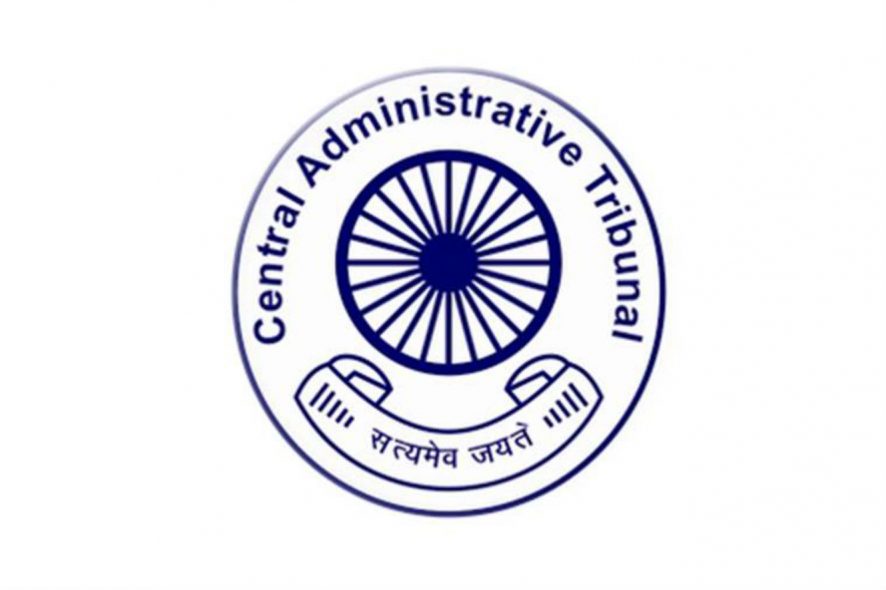Central Administrative Tribunal (CAT): Pradeep Kumar, Member (A) addressed the instant application wherein the widow of one Narayan Dutt, who was engaged as casual labour on 18-12-1972 under the respondent-Railway, had sought for the grant of family pension.
The deceased was drawing a basic pay of Rs 226/- p.m. when he, unfortunately, died on 28-07-1983, leaving behind three children – a 4 years old son and two daughters; 2 years and 6 months at that time. The applicant submitted that gratuity was paid to her at the time of death and subsequently, her elder son Brij Mohan was appointed on compassionate ground as a Group-D employee by the respondent-Railway on pay scale of Rs 2550-3200.
The grievance of the applicant was that in spite of repeated representations since 1983,
for directions to grant family pension, leave encashment, insurance, GPF, death-cum- retirement benefits along with arrears of family pension, the same had not been released by the respondent. Reliance was placed by the applicant on the decision of Supreme Court in Prabhavati Devi v. Union of India, (1996) 7 SCC 27, and on the following rule:
“75. Family Pension Scheme for railway servants, 1964
(2) Without prejudice to the provisions contained in sub-rule (3), where a railway servant dies:-
- a) after completion of one year of continuous service,
***
the family of the deceased shall be entitled to a family pension 1964 (hereinafter in this rule referred to as family pension) the amount of which shall be determined in accordance with the Table below…”
On the other hand the respondent argued that the deceased was not a regular employee. Since the husband of the applicant was unscreened, his services could not be treated as a Substitute or permanent and as such, applicant was not entitled to any of the benefit sought in the OA.
The Bench observed that the total service from 18-12-1972 to 28-07-1983 out of which the service as an authorised scale employee was from 01-04-1974 to 28-07-1983 which was a period more than 9 years as against one year specified. Noticing further that according to the notification released by Assistant Personnel Officer-IV, Delhi Division, the deceased had acquired the status of a substitute, the Bench opined that under such conditions substitute should be accorded all the rights and privileges as may be admissible to a temporary Railway servants from time to time on completion of six months continuous service.
Relying on Prabhavati Devi’s case, which was similarly placed as that of the applicant, the Bench said the applicant could not be denied the benefit of family pension and other retiral dues as applicable to a temporary Railway servant.
Hence, the respondents were directed to allow family pension and other terminal dues as per rules with arrears to be paid within a period of eight weeks. It was further clarified that the arrears for the period prior to 23-05-2018 should not carry any interest. The arrears which were due as of 23-05-2018 would carry interest at 6% p.a. w.e.f. 23-05-2018.[Kamla Devi v. Union of India, O.A. No.2208 of 2018, decided on 16-03-2021]
Kamini Sharma, Editorial Assistant has reported this brief.
Appearance before the Court:
For the applicant: Adv. T.D.Yadav,
For the respondents: Adv. K.K.Sharma







